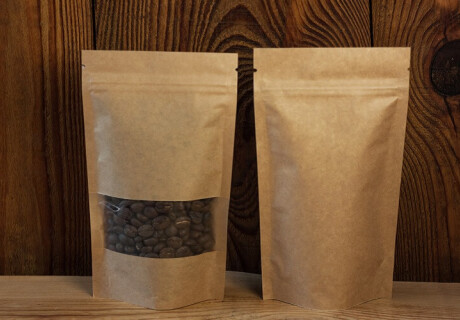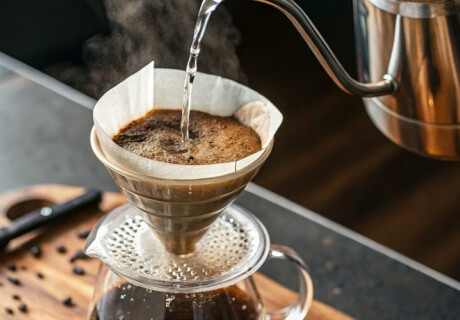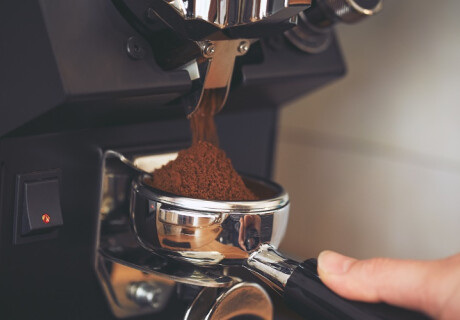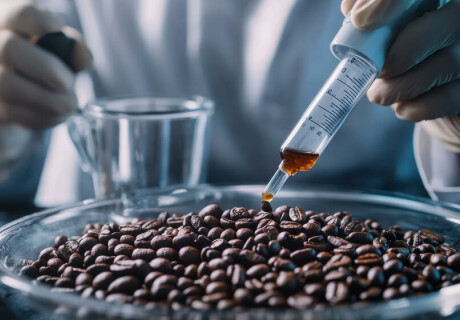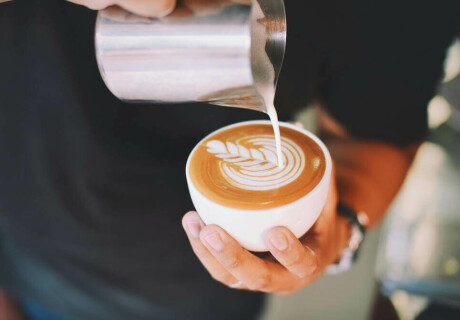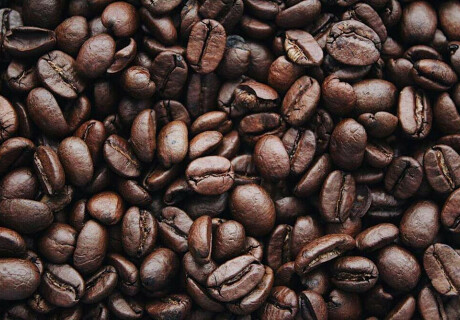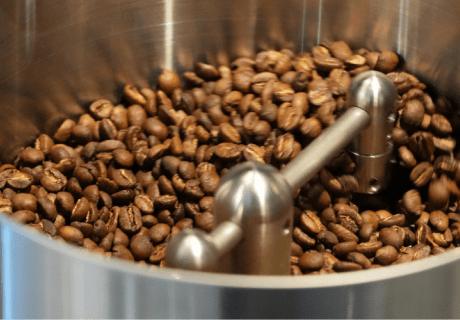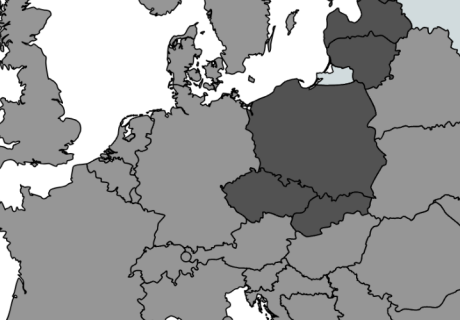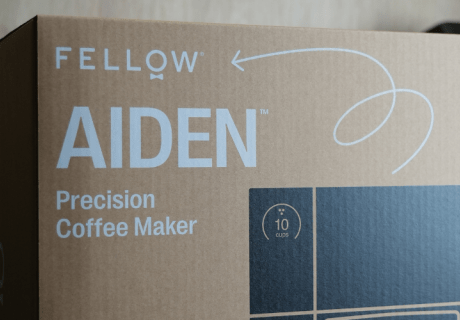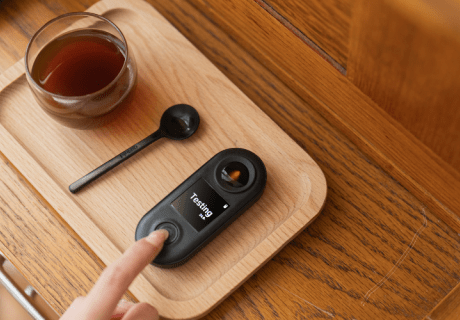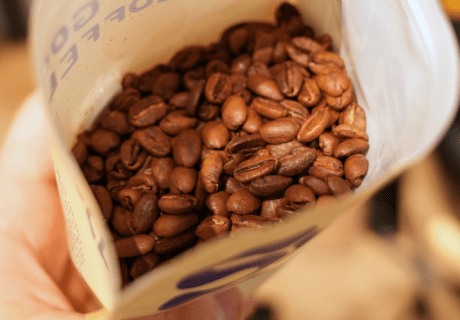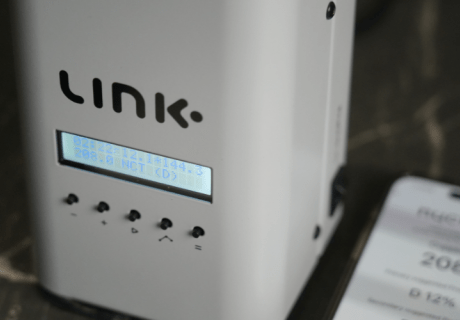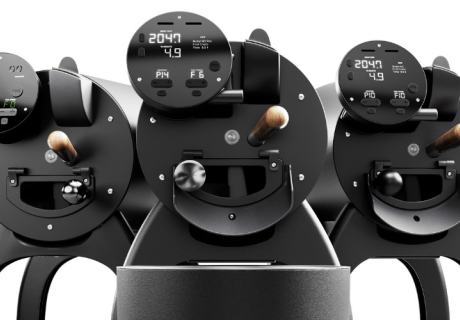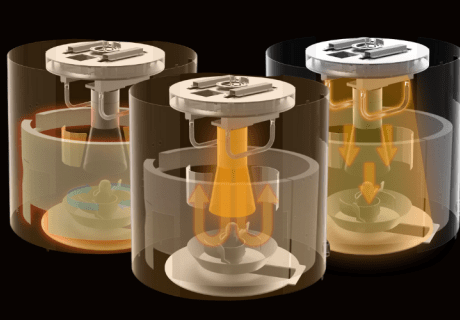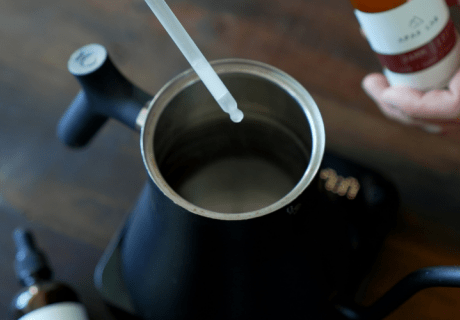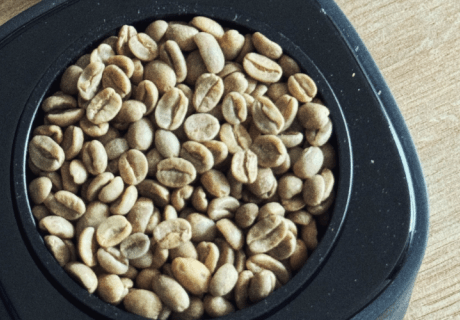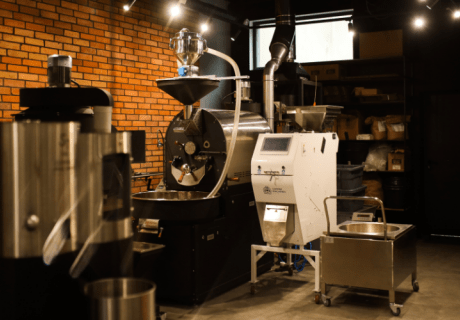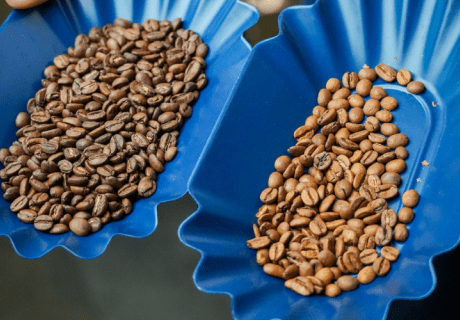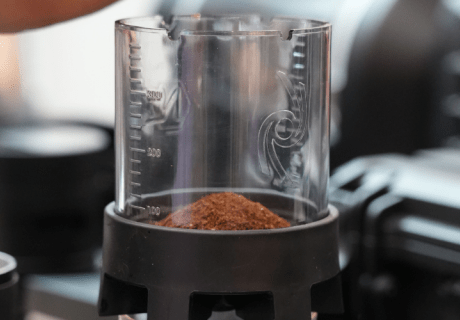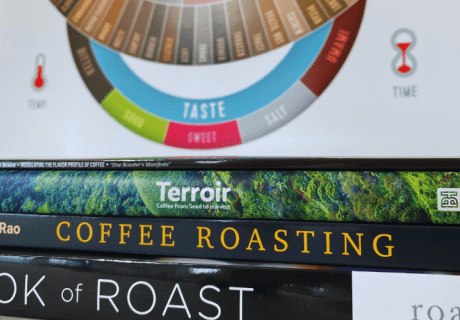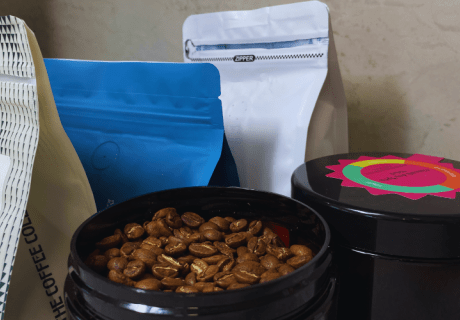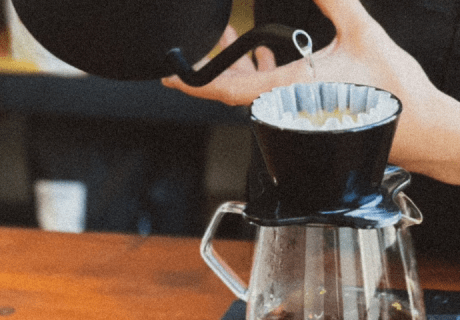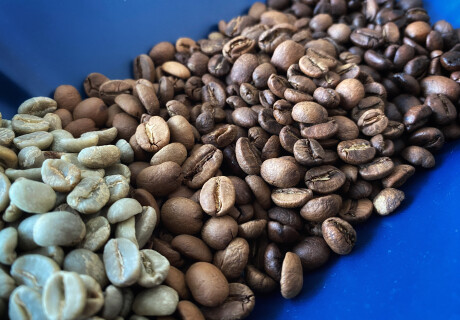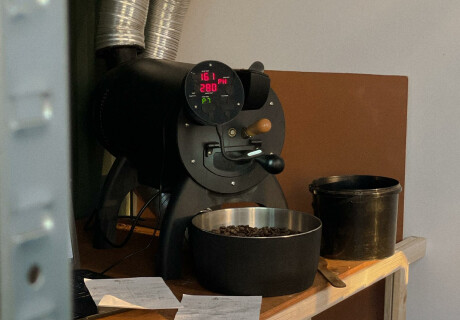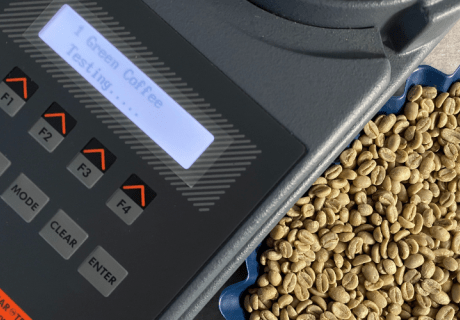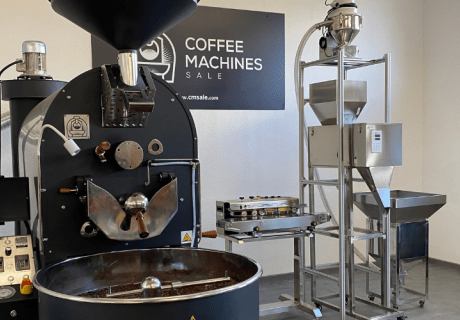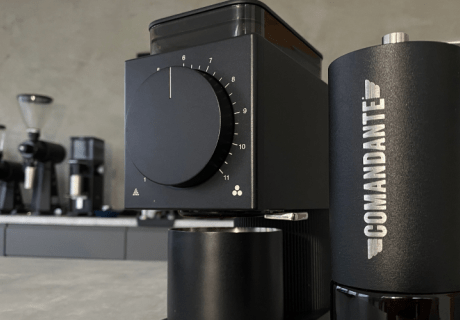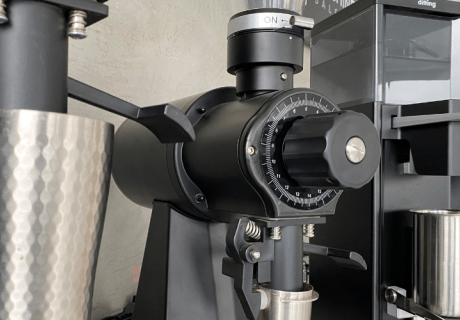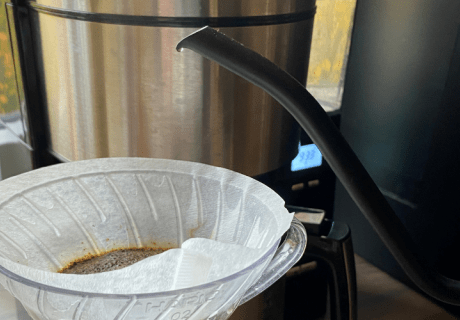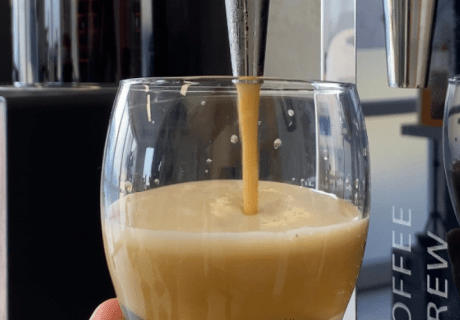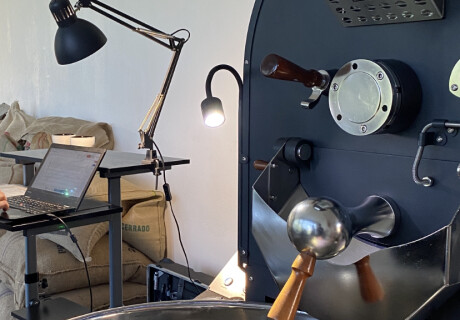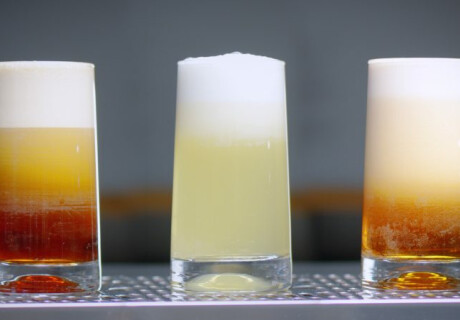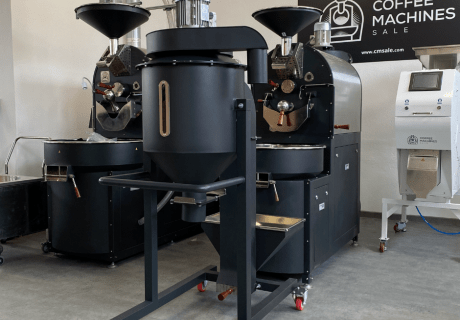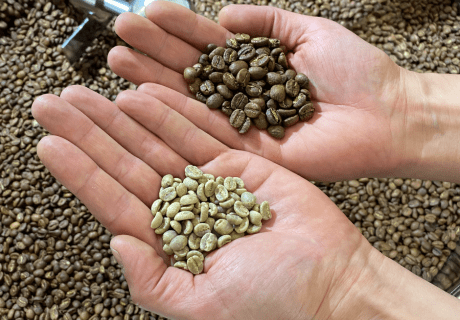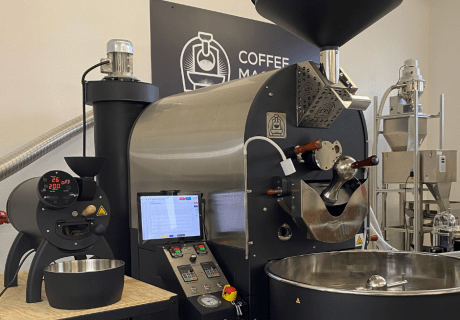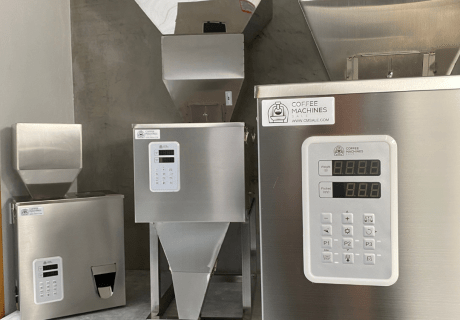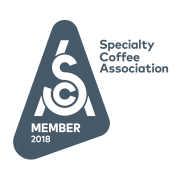Mastering the Art of Coffee Sample Roasting
The Essential Guide to Coffee Sample Roasting
Coffee sample roasting stands as a cornerstone in the intricate process of coffee production, serving as a vital step for roasters and enthusiasts to unlock the full potential of green coffee beans. This meticulous process is not just about transforming beans into aromatic delights; it's a scientific art that allows for the deep evaluation of coffee's inherent qualities, including flavor, aroma, and body. In this essential guide, we delve into the intricate world of coffee sample roasting, spotlighting the revolutionary Nucleus Link Sample Roaster—a tool that epitomizes precision and efficiency in this craft.
What is Coffee Sample Roasting?
Coffee sample roasting is a specialized process that lies at the heart of coffee quality evaluation and development. It involves roasting small quantities of green coffee beans to assess their potential and define the optimal roast profile for each batch. This essential step allows roasters to make informed decisions about bean selection, blending, and the final roast levels for commercial production.
The Process and Its Purpose
Sample roasting is conducted on a much smaller scale compared to full-scale commercial roasting, typically involving batches ranging from 50 to 300 grams. This scale is deliberate—it minimizes waste while providing a clear window into the bean's flavor profile, acidity, body, and aroma. By carefully roasting these small samples, roasters can detect subtle nuances, identify defects, and ensure the beans meet their stringent quality standards.
Tools of the Trade: The Sample Roaster
Central to this process is the sample roaster—a compact, precision-driven machine designed specifically for this task. Unlike its larger counterparts used in commercial roasting, a sample roaster offers greater control and flexibility, allowing for meticulous adjustments to temperature and airflow. This level of control is crucial for replicating and experimenting with different roast profiles, ensuring that each sample roast can be evaluated accurately and consistently.
The Importance of Sample Roasting in Coffee Quality Evaluation
Sample roasting is not just a step in the coffee production process; it's a foundational element in the pursuit of coffee excellence. It enables roasters and coffee professionals to make empirical evaluations of green coffee beans, leading to more informed purchasing decisions and ultimately, a higher quality product.
Evaluating Green Coffee Beans
The initial evaluation of green coffee beans is critical in determining their suitability for different markets and consumer preferences. Sample roasting allows roasters to assess crucial aspects such as bean density, moisture content, and potential flavor profiles. This evaluation is key to selecting the best beans for specific roasting goals and ensuring consistency in the final product.
Experimentation and Profile Development
Beyond quality assessment, sample roasting is an avenue for creativity and experimentation. Roasters can explore various roast curves and profiles to uncover the optimal roast for each bean variety. This experimentation is vital for developing unique blends and signature roasts that set a brand apart in a competitive market.
Introducing the Nucleus Link: A Game-Changer in Sample Roasting
In the realm of sample roasting, the Nucleus Link stands out as a revolutionary tool designed to elevate the precision and efficiency of the roasting process. Developed with input from coffee champions and industry professionals, the Link embodies the pinnacle of roasting technology.
Precision and Consistency
The Nucleus Link is engineered for accuracy, offering unparalleled consistency in sample roasting. With its advanced convection roasting technology, it ensures uniform heat distribution and precise temperature control, allowing roasters to replicate desired roast profiles under varying conditions.
Equipped with a user-friendly app called Link Studio, it simplifies the roasting process by recommending settings based on the type and density of the beans. This feature is invaluable for achieving consistent results, making the Nucleus Link an ideal tool for both professional and home roasters seeking to refine their craft.
Designed with portability in mind, the Nucleus Link comes in a shockproof case, making it suitable for use in various environments, from coffee labs to remote farms. This versatility ensures that quality sample roasting can be conducted anywhere, bridging the gap between coffee growers and roasters.
Optimal Coffee Sample Sizes for Roasting
When it comes to coffee sample roasting, one size does not fit all. The choice of sample size can significantly influence the roasting process and the accuracy of the quality assessment. Sample sizes typically range from 50 to 300 grams, with the ideal size depending on the roaster's specific needs and the capabilities of their equipment.
Factors Influencing Sample Size
- Roaster Capacity: The size and design of the sample roaster play a crucial role in determining the optimal sample size. Roasters like the Nucleus Link are designed to accommodate a wide range of sample sizes, providing flexibility for various testing needs.
- Purpose of Roasting: The goal of the sample roast—whether it's for quality assessment, profile development, or educational purposes—can also dictate the amount of coffee used. Smaller batches allow for more frequent and diverse testing with minimal waste.
- Bean Characteristics: The density and size of the green beans can affect how heat is transferred during roasting. Adjusting the sample size to account for these variables can lead to more consistent and accurate roasting results.

The mobile Link app allows to choose the optimal profile for your beans.
The Importance of Consistency
Consistency in sample size is paramount for comparative purposes. When evaluating different batches of beans or experimenting with roast profiles, using a consistent sample size ensures that the results are directly comparable, making the Link's precision and versatility invaluable tools in this process.
Advantages of Sample Roasting for the Coffee Industry
Sample roasting offers a plethora of benefits that extend across the coffee supply chain, from the farmers to the final consumers. By investing time and resources into this critical step, the coffee industry as a whole can achieve higher standards of quality and sustainability.
Quality Control and Assurance
Sample roasting is a fundamental practice for maintaining high quality control standards. By thoroughly evaluating green coffee beans, roasters can ensure only the best beans are selected for further roasting and distribution. This level of scrutiny helps in building and maintaining a reputation for quality in a competitive market.
Educational and Training Tool
For those new to the coffee industry or looking to deepen their understanding of coffee roasting, sample roasting serves as an invaluable educational tool. It allows for hands-on learning and experimentation with different roast profiles, fostering a deeper appreciation for the craft of coffee roasting.
Fostering Relationships in the Supply Chain
Sample roasting also plays a critical role in building and strengthening relationships within the coffee supply chain. By sharing sample roasts with coffee growers, roasters can provide direct feedback, encouraging improvements in coffee production practices and ultimately enhancing the quality of the coffee produced.
Elevating Coffee Quality with Sample Roasting
Sample roasting is more than just a step in the coffee production process; it's a commitment to excellence and a testament to the craft of coffee roasting. With advanced tools like the Nucleus Link, roasters are equipped to navigate the complexities of sample roasting with precision and efficiency, ensuring every cup of coffee reflects the care, expertise, and passion invested in its creation.
The practice of sample roasting, supported by innovative technology and a dedication to quality, continues to propel the coffee industry forward, enhancing the experience for everyone involved, from the grower to the end consumer. Embracing sample roasting is not just about refining a product; it's about contributing to a culture that values quality, education, and sustainability in the world of coffee.

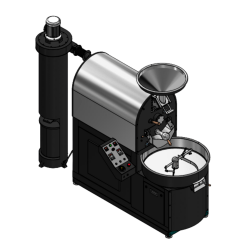
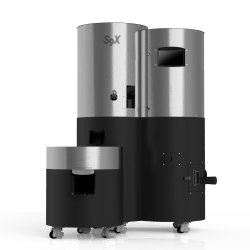
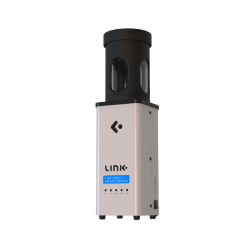
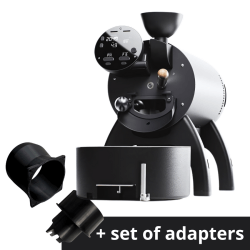
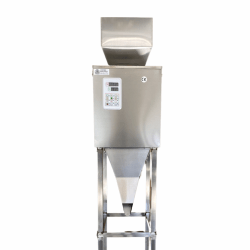
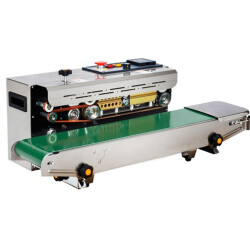
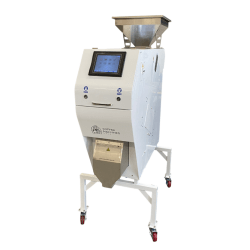
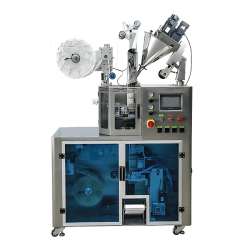
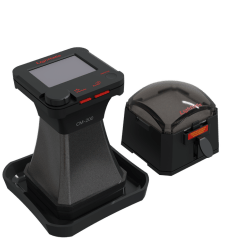
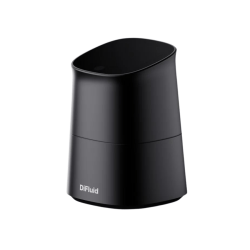
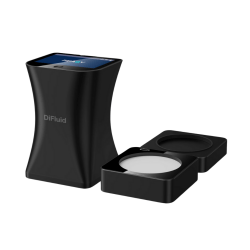
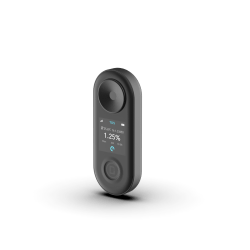

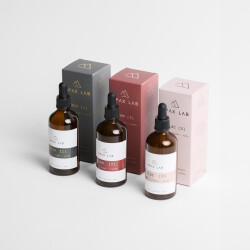
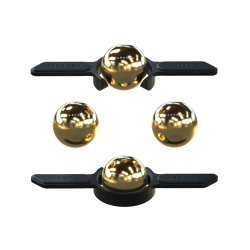
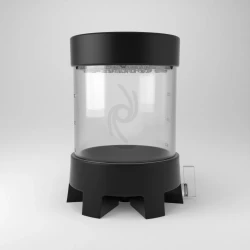
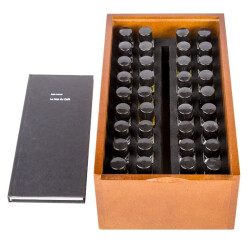
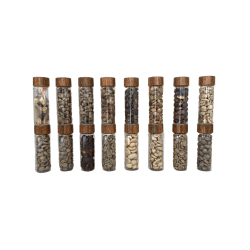
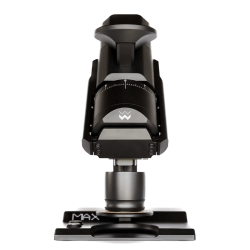
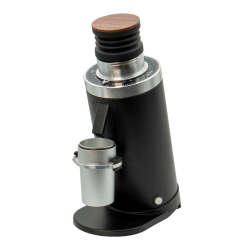

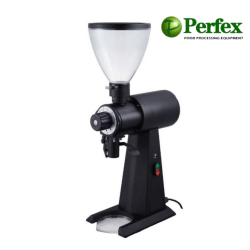
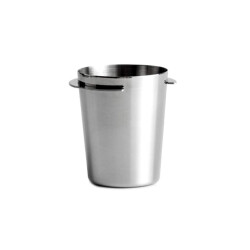
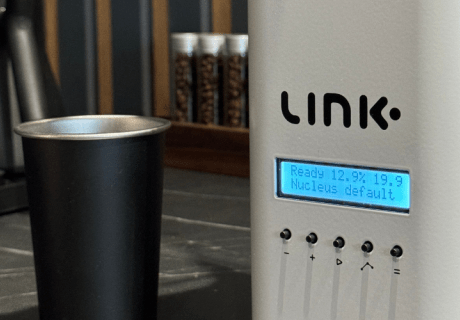


.png/460_320_crop.png?ts=1769780365&pn=blog_front)



































